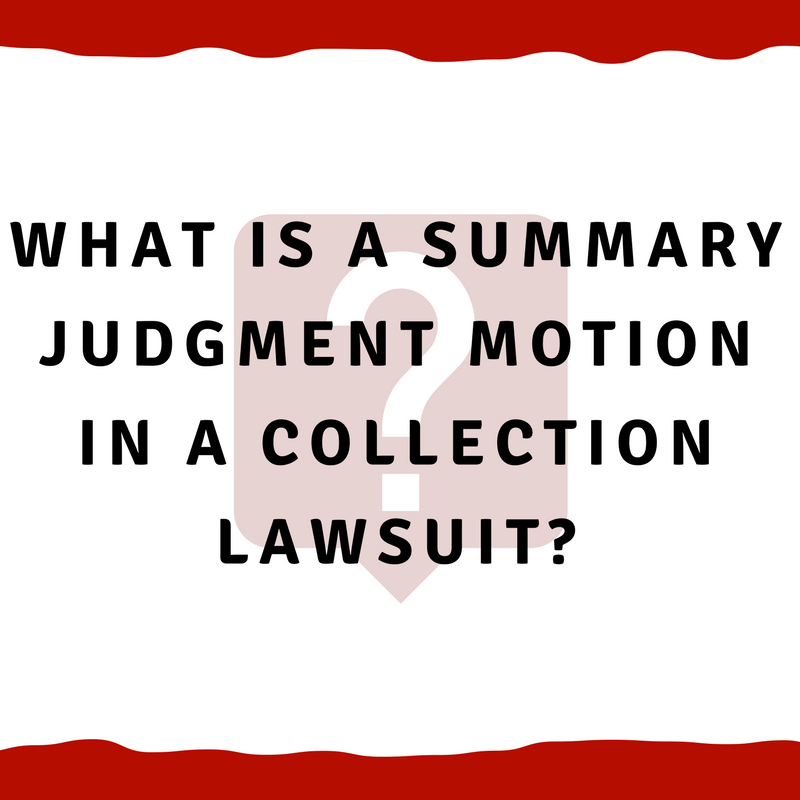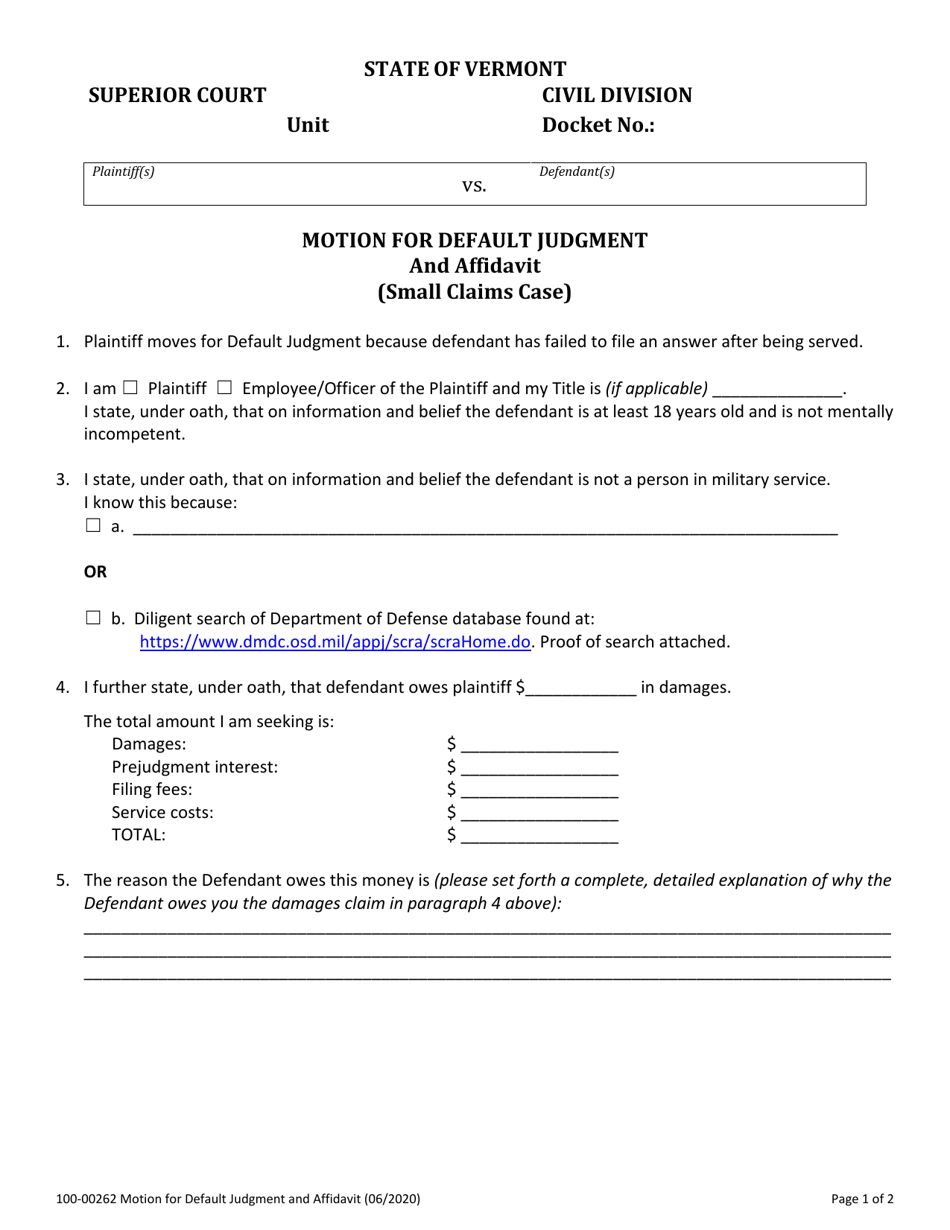


This “bad” or “improper” service” defense is also called “lack of personal jurisdiction” because if you were not properly served, then by law, the court does not have the power (jurisdiction) over you and cannot make a judgment against you. If, at the beginning of the lawsuit, you were not properly given (served) with a summons and complaint, the court can vacate a default judgment made by the court against you. Legal papers informing you about a lawsuit against you (the summons and complaint), must be given (served) to you the right way. Lack of Personal Jurisdiction (bad service) This is different from telling the court why you cannot pay the debt right now. Keep in mind that a proper defense tells the court why you do not owe the money. For a foreclosure case, see Common Defenses to a Foreclosure Case And for a landlord-tenant case, see Common Defenses to a Landlord-Tenant Case See Common Defenses to a Consumer Debt Case for many more common defenses and a detailed explanation of each defense to determine if they apply to your situation. or no business relationship with the plaintiff.For example, in a consumer debt case, good defenses include the following:

or some other good reason why you could not answer the Summons or appear in courtĬommon examples of good reasons why the plaintiff should not win the case (good defense) depends on the type of case and the facts of the case.the debt arises out of an abusive situation and you were afraid to go to court.you were told by someone at the courthouse or the lawyer for the other side that you did not have to go to court.If you never received (were served) a copy of the judgment, this one-year time limit does not apply to you.Ĭommon examples of good reasons why you missed your court date or did not answer (reasonable excuse) include the following: If you received (were served) a copy of the judgment, you have up to one year from the date of the judgment to ask the court to vacate a judgment based on excusable default. a good reason why the plaintiff should not win the case (good defense, see examples listed below).a good reason why you missed your court date or did not answer (reasonable excuse, see examples listed below) and.The two most common reasons the court will vacate a default judgment are for 1) excusable default, and 2) lack of personal jurisdiction (bad service).Įxcusable Default is the most common reason that a court will vacate a default judgment. If the case is re-opened, the other side can no longer use the default judgment against you and you will be given a chance to defend yourself on the new hearing date and the judge will make a new decision after hearing your defense. If your request to vacate the judgment is granted, the court will re-open the case (start the case over) and provide you with a new hearing date. You can ask the court to “vacate” (cancel) the default judgement by filing the necessary paperwork with the court (explained below in the “How to ask the court to vacate a default judgment” section). Reasons the Court Can Vacate a Default Judgment there was a lien (a claim) placed on your property.part or all of your paycheck was held back (garnished) by your employer and sent to the creditor or person you owe money to.a default judgment appeared on your credit report.the other side that sued you (the plaintiff) contacted you directly and asked for payment.If there is a default judgment against you, there are a number of ways you may find out: In a consumer debt case, this usually happens when the defendant debtor missed a court date or never filed an Answer with the court in response to receiving legal papers informing them of a lawsuit against them (a summons and complaint). A default judgment is an official court decision in favor of one side when the other side does not answer or go to court on the court date.


 0 kommentar(er)
0 kommentar(er)
